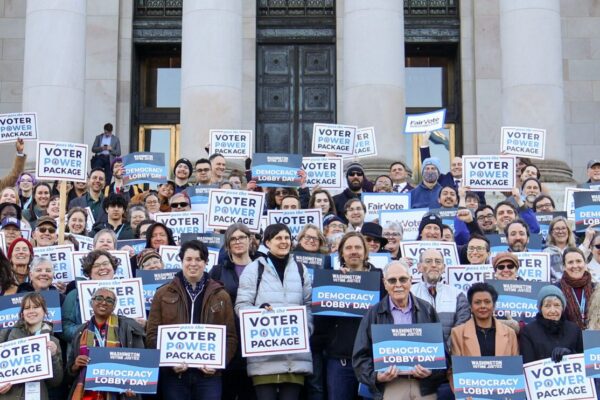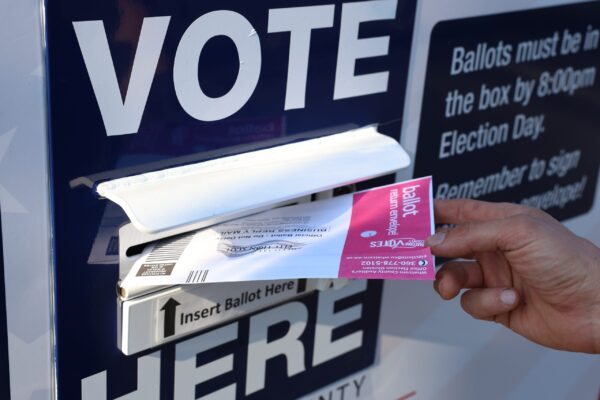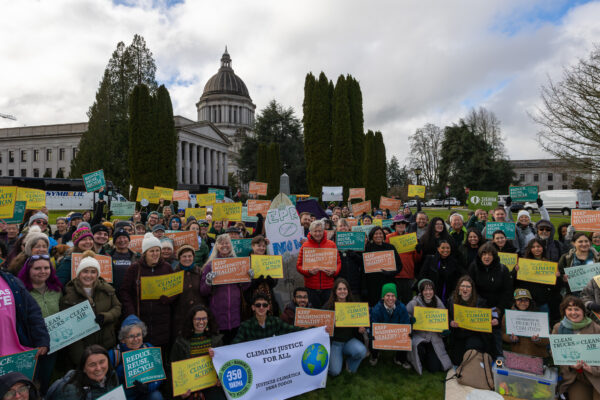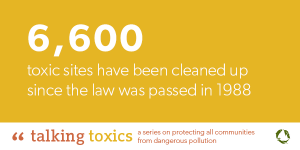
For 50 years, Washington Environmental Council has set our sights on a cleaner, brighter future and charted a path to get there. In 1988, WEC campaigned to pass Initiative 97 (commonly called the Model Toxics Control Act or MTCA), a forward-thinking measure with a “hazardous substance tax” paid by polluters to reduce toxic pollution. Over the years, big polluters unsuccessfully attacked the law both in the legislature and in the courts, and it remains one of the most successful environmental laws in the state.
MTCA was passed to do three things: 1) clean up toxic sites 2) prevent the creation of new sites and toxic hazards and 3) support communities by providing grants to individuals or organizations facing a toxic pollution threat or doing pollution prevention work. Over the last decade, the legislature has both raided MTCA funds to pay for other state programs and overspent MTCA dollars, putting the future of the law at risk.
More than 90% of MTCA revenue is paid by the oil industry, but with a steep drop in oil prices, which began in 2014, we’ve seen the largest decline in MTCA revenue in history – roughly $375 million in lost revenue over three years.
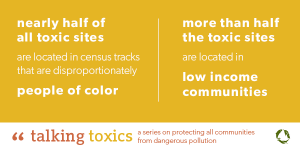 In light of this unprecedented crisis, WEC has been working with a wide range of partners, including environmental justice experts, environmental policy advocates, and local governments. Together we strive to stabilize MTCA funding while looking for ways to improve the success of the law.
In light of this unprecedented crisis, WEC has been working with a wide range of partners, including environmental justice experts, environmental policy advocates, and local governments. Together we strive to stabilize MTCA funding while looking for ways to improve the success of the law.
Over the last year, our team has educated decision makers on the fact that more than half of the toxic sites are located in communities of color and low-income communities, advocated for legislation that was in play until the end of the 2017 session, and successfully pushed for new rules that prioritize public participation grants for communities disproportionately impacted by harmful pollution. But more work lies ahead and we are learning how toxic pollution connects to critical issues like affordable housing and species recovery. In part two of this series, we will outline the next steps for this work, which is critical for the health of communities statewide and for restoring Puget Sound to health.
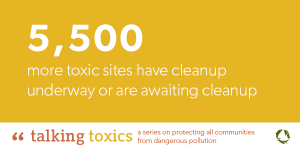
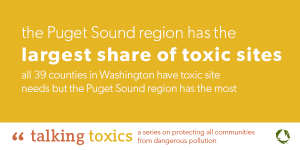
Share these graphics! Click here to share on facebook, click here to share on twitter.
